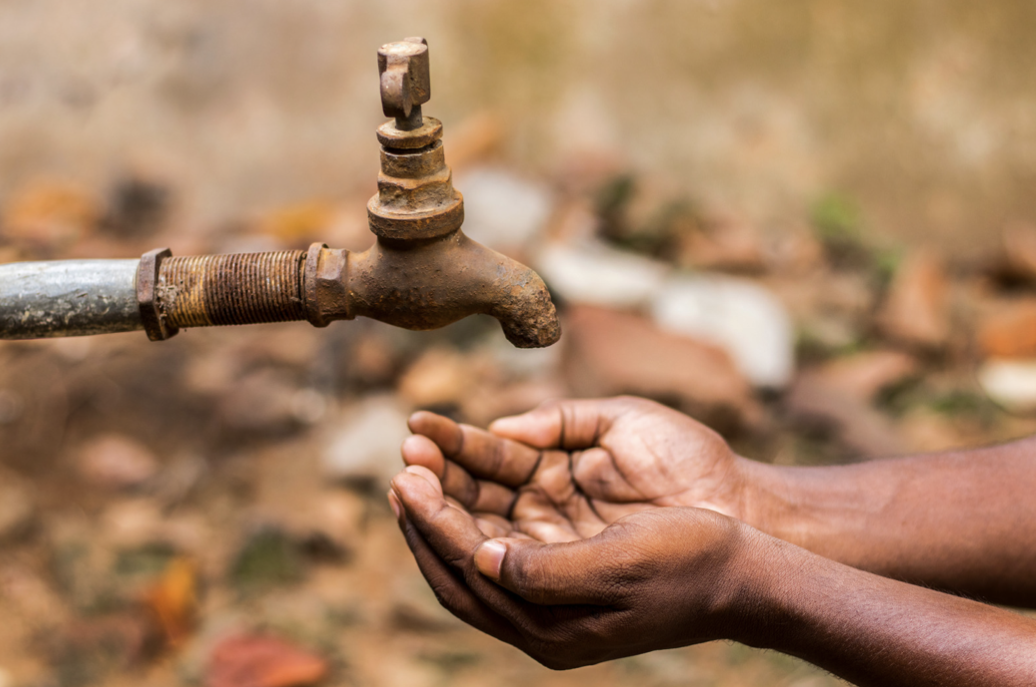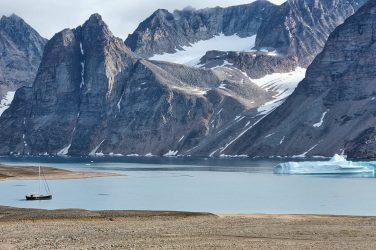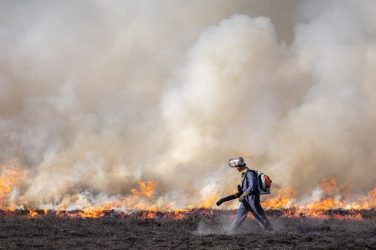The world is facing a serious water crisis. According to several experts, the water demand is expected to outstrip the supply by 40% by the end of this decade, with implications for almost two-thirds of the world’s population that could be under stress due to water scarcity. Climate change, population growth, and inefficient use of water resources are contributing to this crisis.
One of the biggest challenges is access to clean drinking water. More than 2 billion people around the world lack access to safe and clean drinking water. This leads to a host of health problems, including diarrheal diseases, which are responsible for the deaths of more than 1.5 million people each year.
In addition to drinking water, the water crisis also affects agriculture and food security. Agriculture accounts for 70% of global freshwater use, but many regions face water scarcity, leading to crop failures and food shortages. This crisis is not limited to developing countries. Even developed countries like the United States and Australia face water scarcity issues, particularly in regions that are prone to drought.
Johan Rockstrom, the director of the Potsdam Institute for Climate Impact Research and a lead author of the landmark report made on the eve of the UN water summit, has defined the global water scarcity as a “triple crisis”, highlighting the governments’ failure to realize their interdependency when it comes to water, since half of a country’s water supply depends on the evaporation of water from neighbouring countries.
Therefore, Rockstrom in his report, focuses on seven calls to action on water to address at the UN water summit that will be held in New York on 22 March, namely:
- Manage the global water cycle as a global common good, to be protected collectively and in our shared interests;
- Ensure safe and adequate water for every vulnerable group, and work with industry to scale up investment in water;
- Stop underpricing water. Proper pricing and targeted support for the poor will enable water to be used more efficiently, more equitably, and more sustainably;
- Reduce more than $1tn of subsidies in agriculture and water each year, which often fuel excessive water consumption, and reduce leakage in water systems;
- Establish “just water partnerships” which can mobilise finance for low- and middle-income countries;
- Take urgent action this decade on issues such as restoring wetlands and depleted groundwater resources; recycling the water used in industry; moving to precision agriculture that uses water more efficiently; and having companies report on their “water footprint”;
- Reform the governance of water at an international level and including water in trade agreements. Governance must also take into account women, farmers, indigenous people and others in the frontline of water conservation.









Show Comments